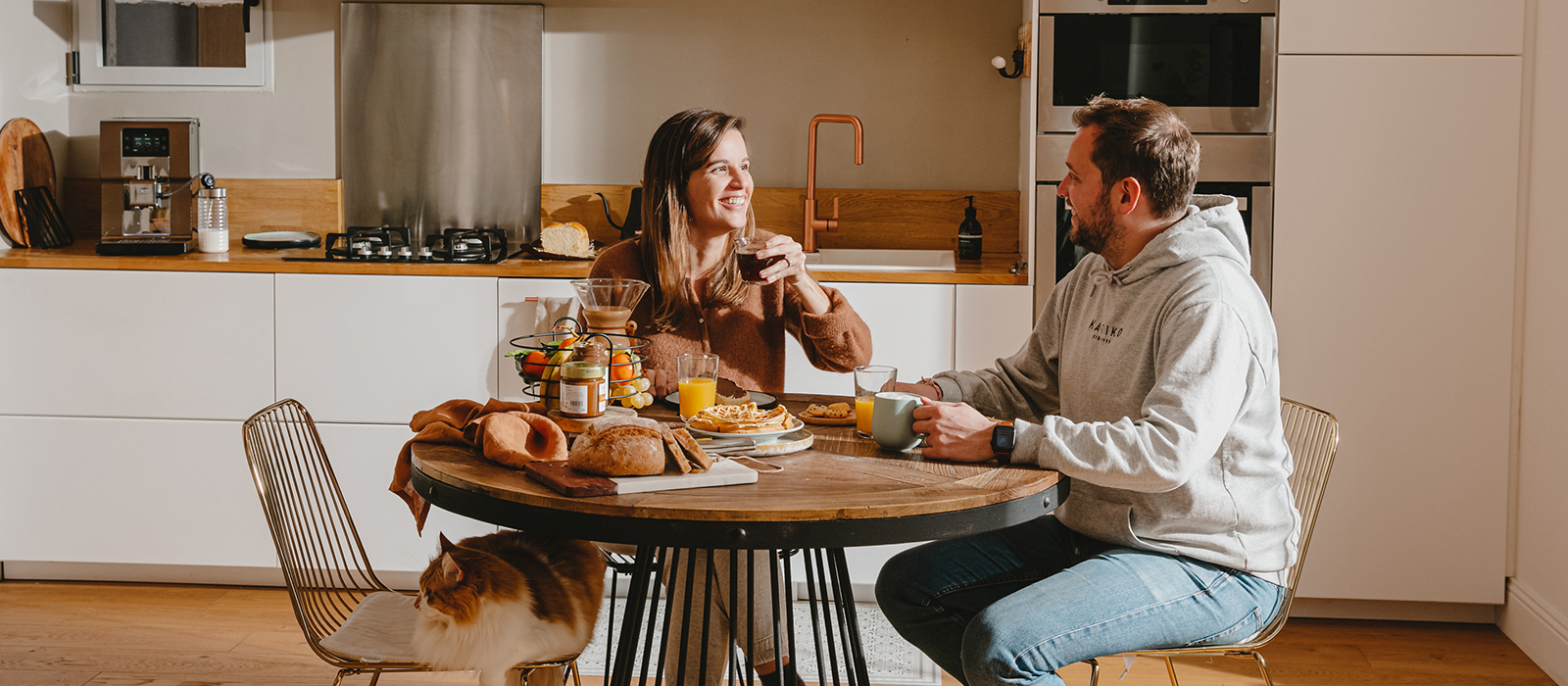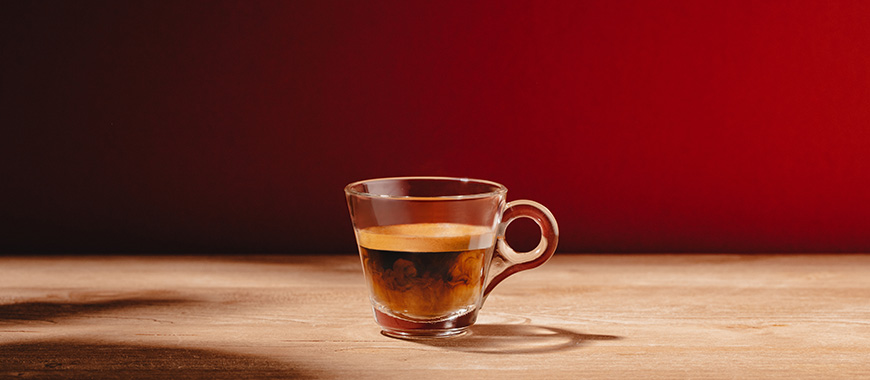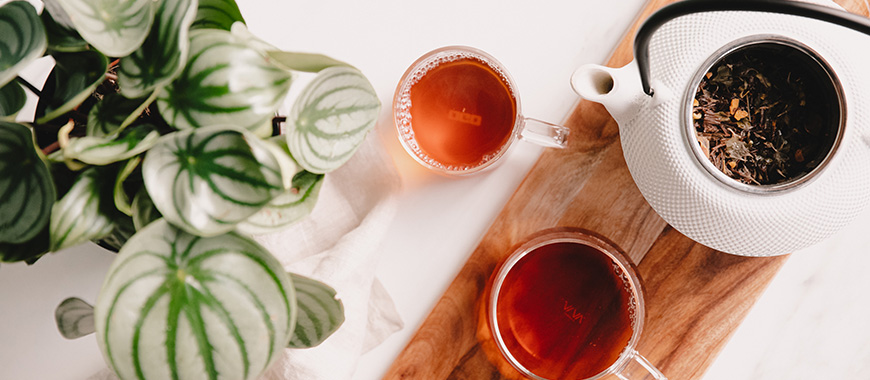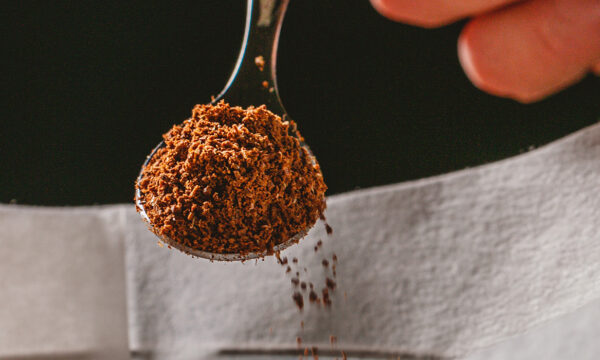
- Home
- How Many Coffees Can You Drink Per Day?

How Many Coffees Can You Drink Per Day?
Written by Julie
Reading time 4 minLike so many French people, you’re a coffee lover. Although it is first a pleasure, sometimes drinking coffee becomes a necessity. If you drink more than one cup per day then you might be wondering if you’re drinking too much coffee. So how many coffees can you drink per day without putting your health at risk?
Coffee and caffeine
According to an IFOP study from 2018, 83% of French people drink coffee. In 2020, the amount of coffee consumed per habitant per year in France was 3.4 kg. After water, coffee is the most consumed drink in the world! As everyone knows, the caffeine found in coffee has numerous benefits, but can also present risks if you drink too much.
What is caffeine?
Caffeine is a molecule found in the seeds, leaves and fruits of different plants. It can be found in its natural form in coffee of course, but also in tea under the name “theine”, in guarana under the name “guaranine” and in mate leaves as “mateine”. A caffeine molecule is made up of carbon, hydrogen, nitrogen and oxygen. Its chemical formula is C8H10N4O2. Discovered in 1819 by the German chemist Friedlied Ferdinand Runge, caffeine is a stimulant that speeds up the functioning of the nervous and cardio-vascular systems.
How much caffeine should I consume per day?
The European Food Safety Authority (EFSA) recommends that a healthy adult consume no more than 400 mg of caffeine per day, which is the equivalent of 3 cups of coffee per day. This dose changes to 200 mg for pregnant or breastfeeding women. If you stay within these limits then drinking coffee poses no health risks. On the contrary, coffee is known to have several interesting effects on the body.
What are the benefits of coffee?
It is well known that the caffeine found in coffee is a stimulant. It effects the entirety of the nervous system. In fact, it increases attention and fights against drowsiness or fatigue. In addition to caffeine, coffee contains several nutrients that are good for your health: vitamins B2, B3, B5 and B6, potassium, magnesium and trace elements (iron, zinc, copper). Coffee is also rich in antioxidants. These includes polyphenols which may play a role in the fight against Alzheimer’s. Certain studies tend to show that regularly consuming coffee reduces the risk of type 2 diabetes. Beauty tip: if you drink ground coffee, use the grounds! They can be used to tone and exfoliate both the face and the body!
What are the risks from drinking too much coffee?
When consumed in moderation, coffee has many benefits. But overconsumption can lead to unwanted effects on the body. In the short term, you risk developing: trouble sleeping, anxiety, behavioural changes, irritability, palpitations, difficulty concentrating, increased heart rate… In the long term, the unwanted effects can be even more serious: risk of heart disease (an increased risk for people who smoke, are overweight or suffer with hypertension or cholesterol) and delayed foetal development in pregnant women.
How much caffeine is in my coffee?
Not exceeding 400 mg of caffeine per day is fine, but how do you know how much caffeine is in your coffee? It all depends on the type of coffee. Are you a fan of espressos or a big pot of filtered coffee? The caffeine dose will vary depending on what you drink. Here’s a quick overview to help clear things up:
- Espresso (60ml): 80 mg of caffeine
- Filtered coffee (200ml): 90 mg of caffeine
- Black tea (220ml): 50 mg of caffeine
- Soda/energy drink (250ml): 80 mg of caffeine
Basically, throughout the day you can safely drink 5 espressos or 4 large cups of filtered coffee. However, it’s recommended that you don’t drink coffee after 3 pm! Also good to note: the proportion of caffeine differs according to the coffee variety. Arabica coffees like bourbon or blue mountain contain less caffeine than robusta varieties: 0.8 to 1.7% of the weight of the berry, compared to 1.5 to 4%. An interesting alternative to decrease your coffee consumption is to drink decaffeinated coffee or tea! IFOP states that 57% of French people have replaced coffee with tea for at least one cup per day. As shown above, tea contains less caffeine than coffee (50 mg vs 90 mg)!
Now that you know the answer to “How many coffees can you drink per day?” you can appreciate your breakfast, after lunch or afternoon coffee in peace! At MaxiCoffee we select the best coffee, either ground, beans or capsule, every day, so enjoy!
Discover all of our articles




